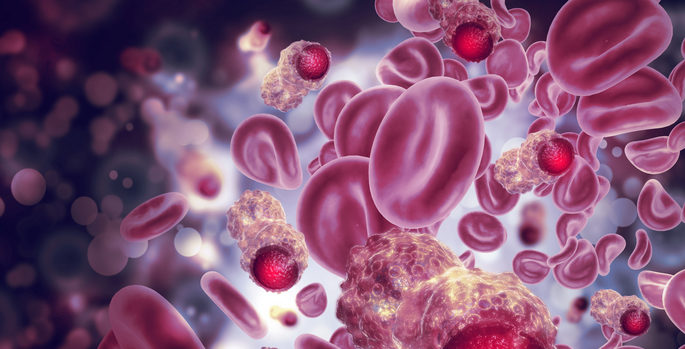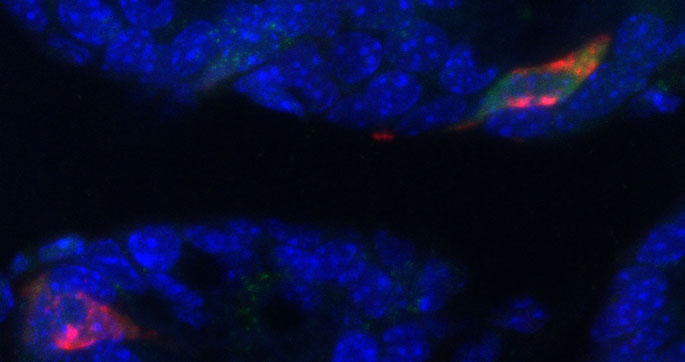Cell Metabolism
-

Widely used software, developed by Young Lab, tops 1,000 academic licenses
INCA enables robust metabolic tracer studies A software tool for metabolic analysis developed by a Vanderbilt chemical engineer recently passed 1,000 total academic licenses and is the most licensed software on the university’s online licensing and e-commerce platform. Additionally, it was the third highest revenue generator on the platform, VU e-Innovations, for 2020. About 20... Read MoreApr 15, 2021
-

Widely used software, developed by Young Lab, tops 1,000 academic licenses
INCA enables robust metabolic tracer studies A software tool for metabolic analysis developed by a Vanderbilt chemical engineer recently passed 1,000 total academic licenses and is the most licensed software on the university’s online licensing and e-commerce platform. Additionally, it was the third highest revenue generator on the platform, VU e-Innovations, for 2020. About 20... Read MoreApr 15, 2021
-

Study sheds light on diabetes and COVID interaction
COVID-19 has been linked to cases of new-onset diabetes, diabetes-related emergencies and a higher death rate among diabetes patients. Read MoreDec 10, 2020
-

On-the-move cancer cells prefer a “comfort cruise,” follow predictable paths of least resistance
New research from a group of Vanderbilt biomedical engineers reveals that while cancer cells metastasize quickly, they generally choose pathways that use the least amount of energy. Read MoreSep 13, 2019
-

VUMC team’s discovery could lead to new diabetes treatment
High circulating glucose, the hallmark of diabetes, is linked to the disease’s most serious complications including heart disease, kidney failure, blindness and amputation. Diabetes is the sixth leading cause of death and costs the nation an estimated $322 billion a year. Restoring the action of insulin has been the traditional… Read MoreJun 15, 2017
-

Study spots possible new approach to prevent obesity
An international research team that included scientists from Vanderbilt University Medical Center has found a novel way to counteract obesity in mice — by stimulating the growth of blood vessels in fat tissue. Read MoreApr 14, 2016
-

Study reveals salt’s role in infection control
Researchers at Vanderbilt University and in Germany have found that sodium — salt — accumulates in the skin and tissue in humans and mice to help control infection. Read MoreMar 5, 2015
-

Receptor discovery shines new light on appetite regulation
A receptor in the brain that regulates appetite and body weight has now been found in L cells, key regulatory cells in the gut, providing the pharmaceutical industry with a novel drug target for both obesity and diabetes, a Vanderbilt University-led research team reported this week. Read MoreNov 20, 2014
-

Diabetes researchers track cells’ ability to regenerate
Vanderbilt University scientists have found evidence that the insulin-secreting beta cells of the pancreas, which are either killed or become dysfunctional in the two main forms of diabetes, have the capacity to regenerate. Read MoreMar 13, 2014
-

Simulated Mars mission reveals body’s sodium rhythms
Clinical pharmacologist Jens Titze, M.D., and colleagues have discovered that – in contrast to the prevailing dogma – human sodium levels fluctuate rhythmically with 7-day and monthly cycles. Read MoreJan 10, 2013